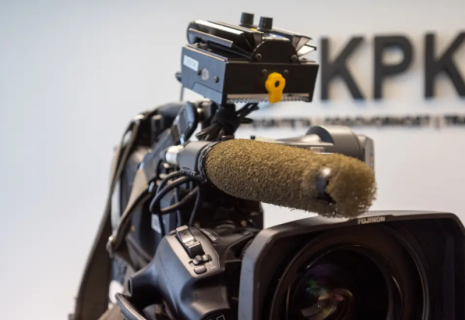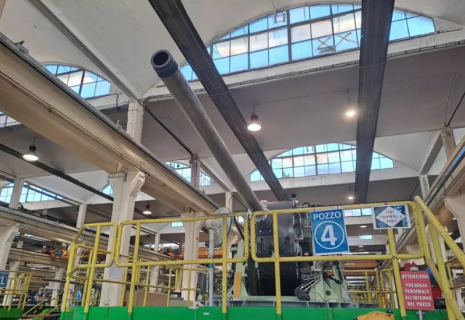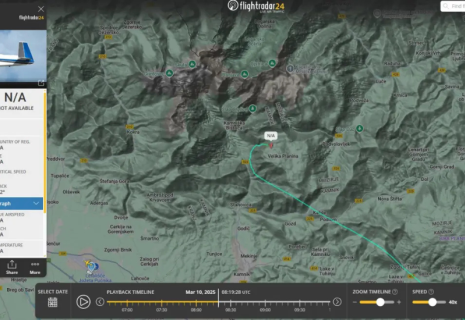
Ljubljana University upgrading supercomputer infrastructure
The Faculty of Computer and Information Science of the University of Ljubljana will soon obtain a cutting-edge data centre to support advanced AI research, including the creation of a Slovenian large language model, CE Report quotes The Slovenia Times.
Under a €2.5 million contract signed on 16 January with the Slovenian company NTR Inženiring the modular centre will be installed on the faculty's rooftop. It is expected to be operational within months.
Its energy-efficient design incorporates hybrid cooling systems, ensuring the faculty meets growing computational needs for a foreseeable future.
"With the new data centre, our faculty will gain on-site access to a supercomputer, enabling our researchers to perform calculations and train deep neural network models more efficiently," dean Mojca Ciglarič said.
The faculty has been at the forefront of AI research for decades. Over 100 researchers have worked on diverse projects, including machine learning, LLMs, and medical diagnostics. The infrastructure upgrade has been prompted by rising demand from advancements like deep neural networks and AI tools such as ChatGPT.
One key focus will be the PoVeJMo (Let's say it), a project which aims to develop an open-access Slovenian large language model, ensuring independence from global corporations. This model will be trained on billions of words from diverse sources, with the new infrastructure playing a vital role.
Institutions such as the National and University Library and media outlets as well as individuals have been urged to contribute their written or spoken texts in a bid to create a corpus of 40 billion words.
The infrastructure for the modular data centre has been set up by NTR Inženiring, which previously developed the supercomputers Vega and Maister.
Director Primož Mahorič says facility "integrates various classical and supercomputing technologies while achieving exceptionally high energy density through the combined use of air and direct liquid cooling".
The total investment is valued at €2.5 million, with €870,000 to be chipped in by the Research and Innovation Agency and the remainder by the faculty.
























